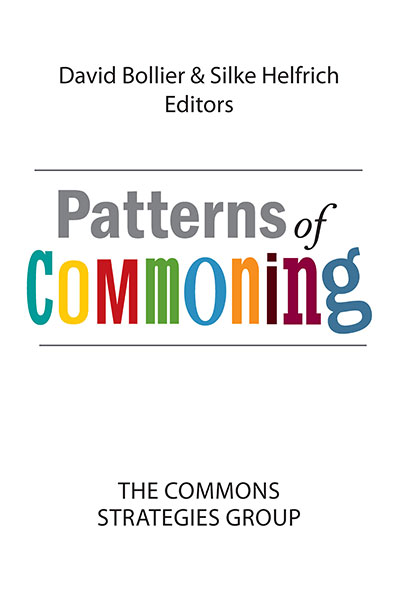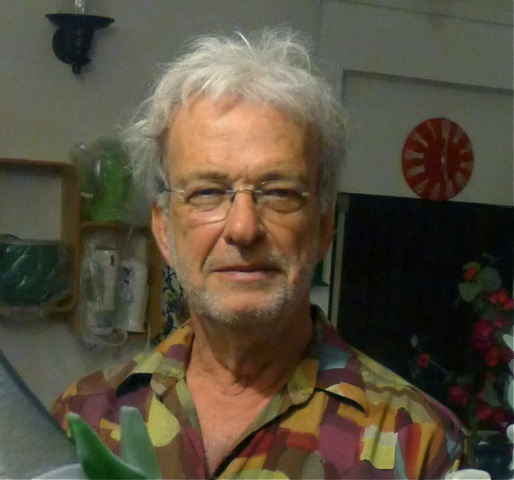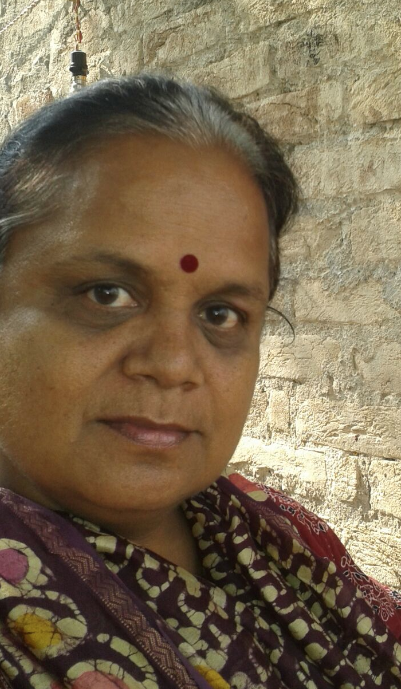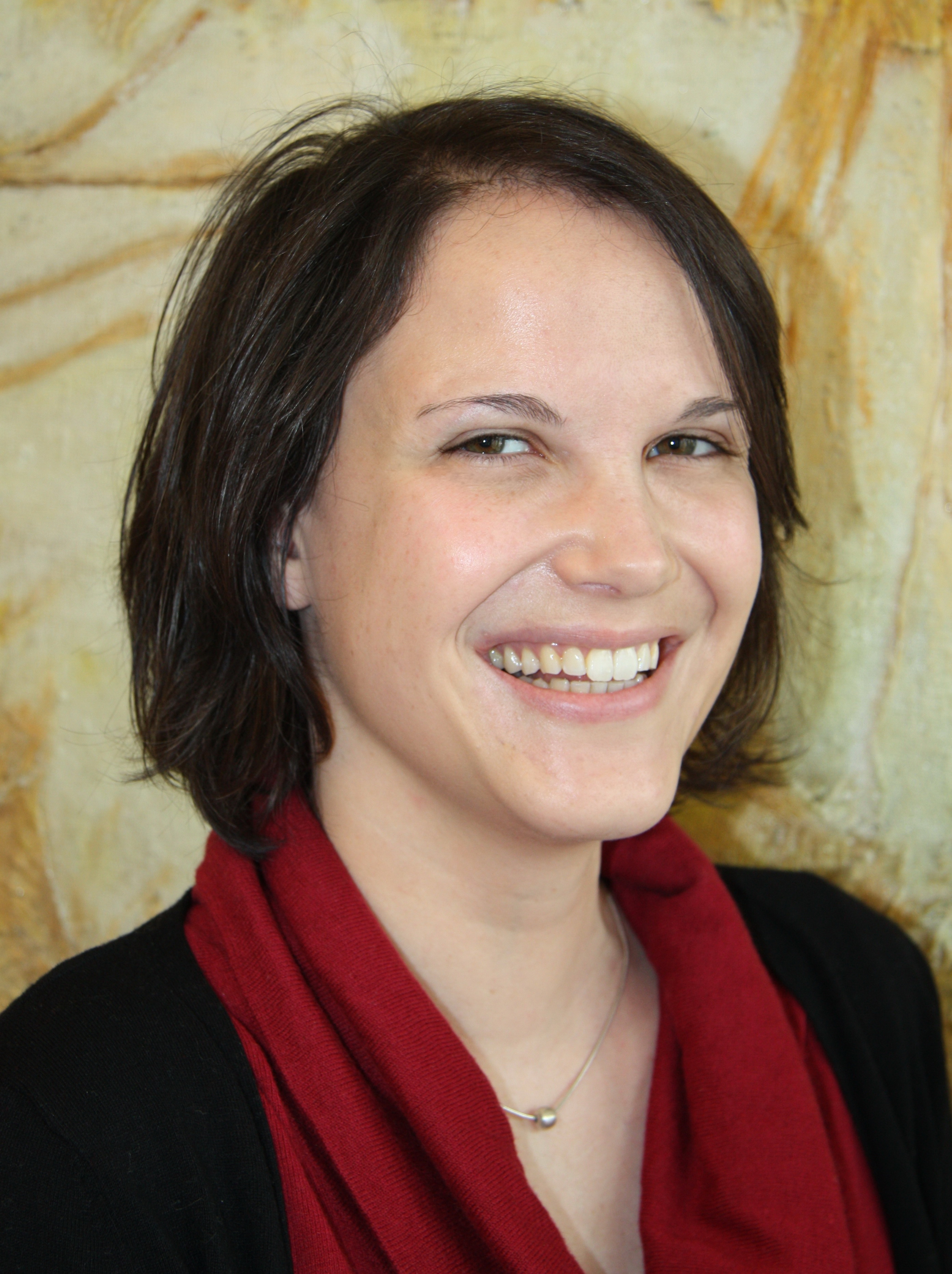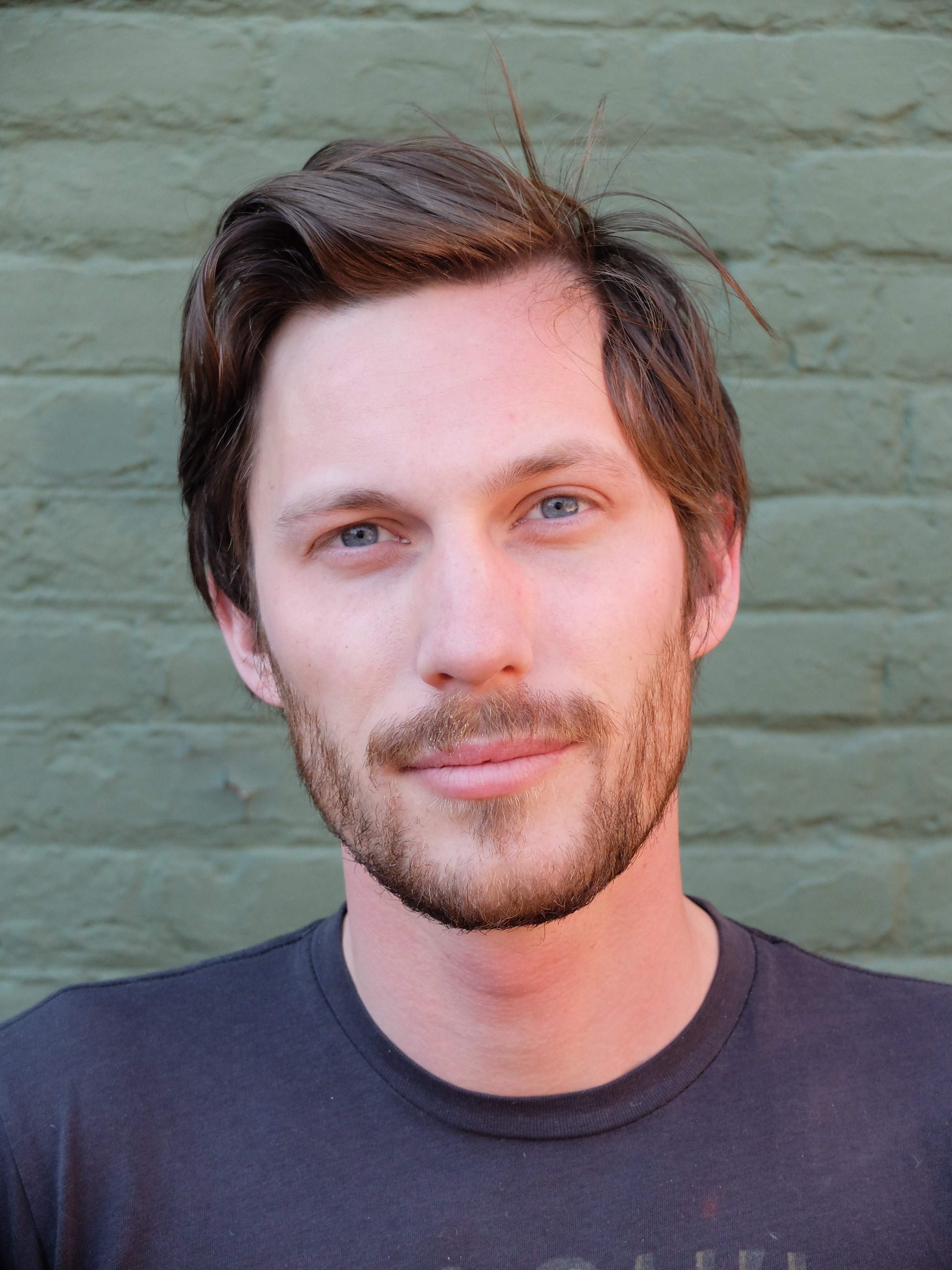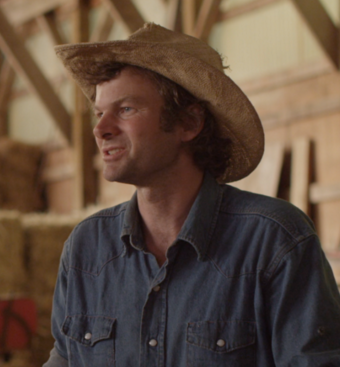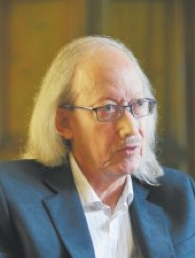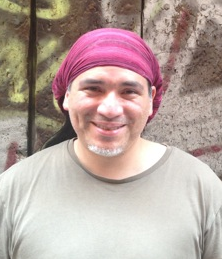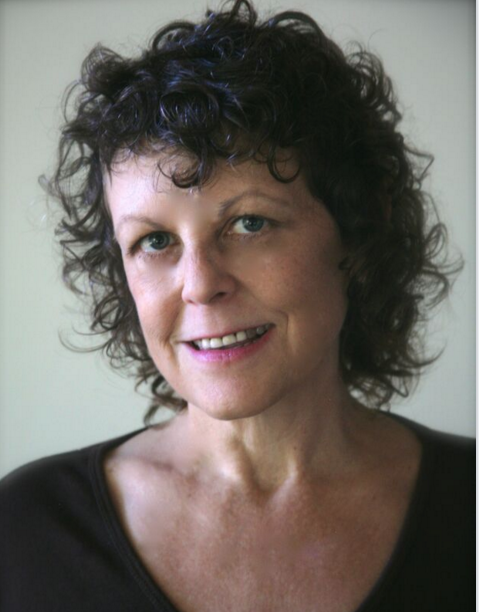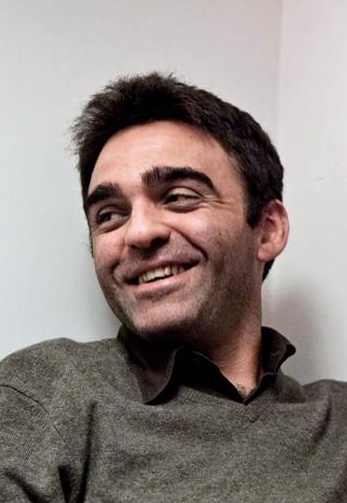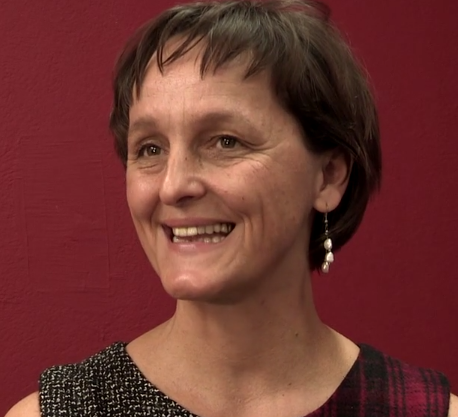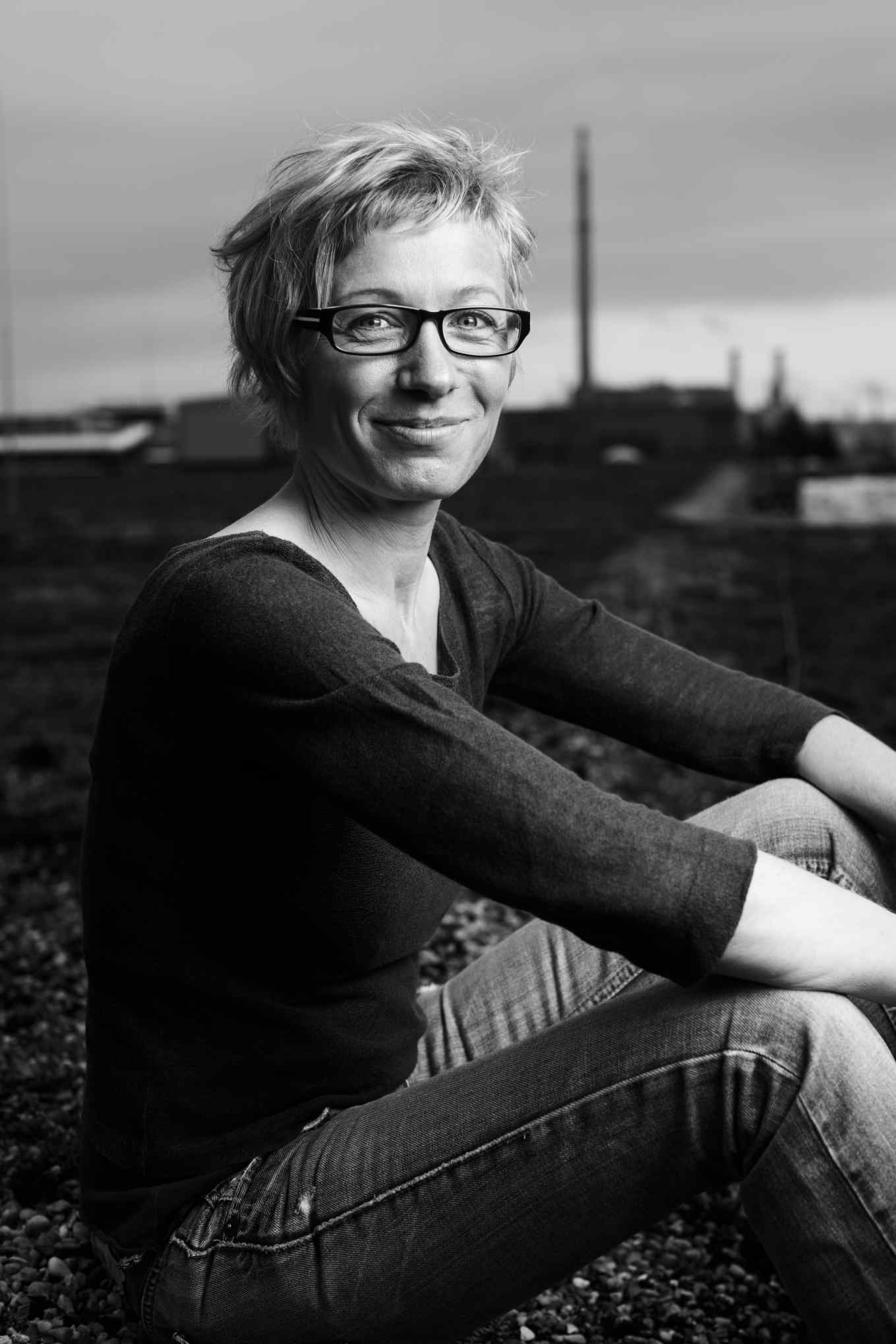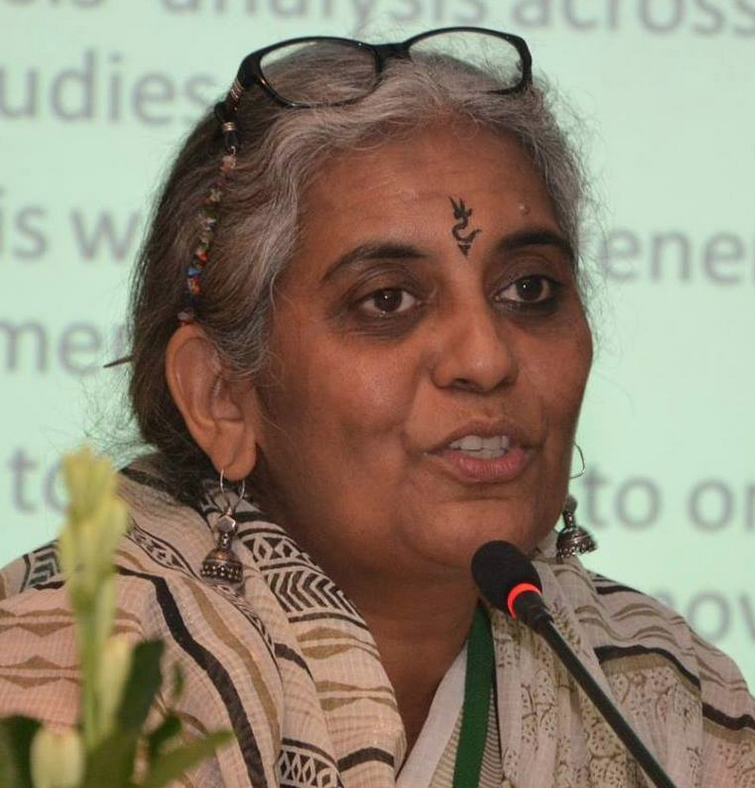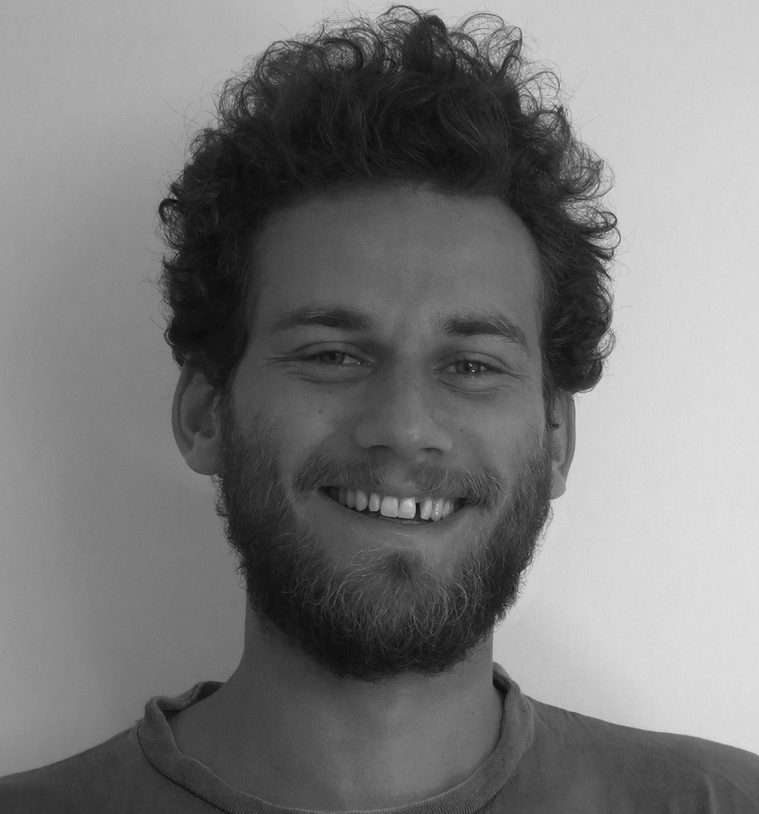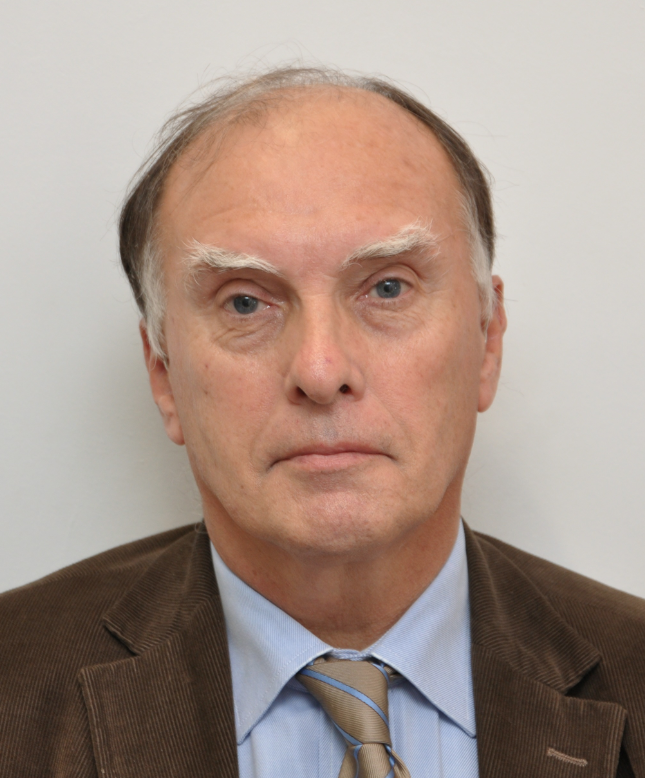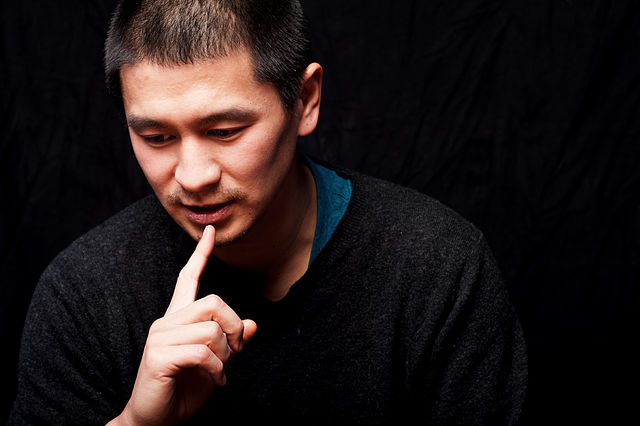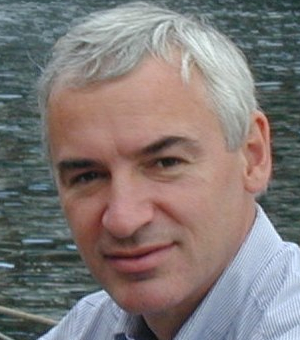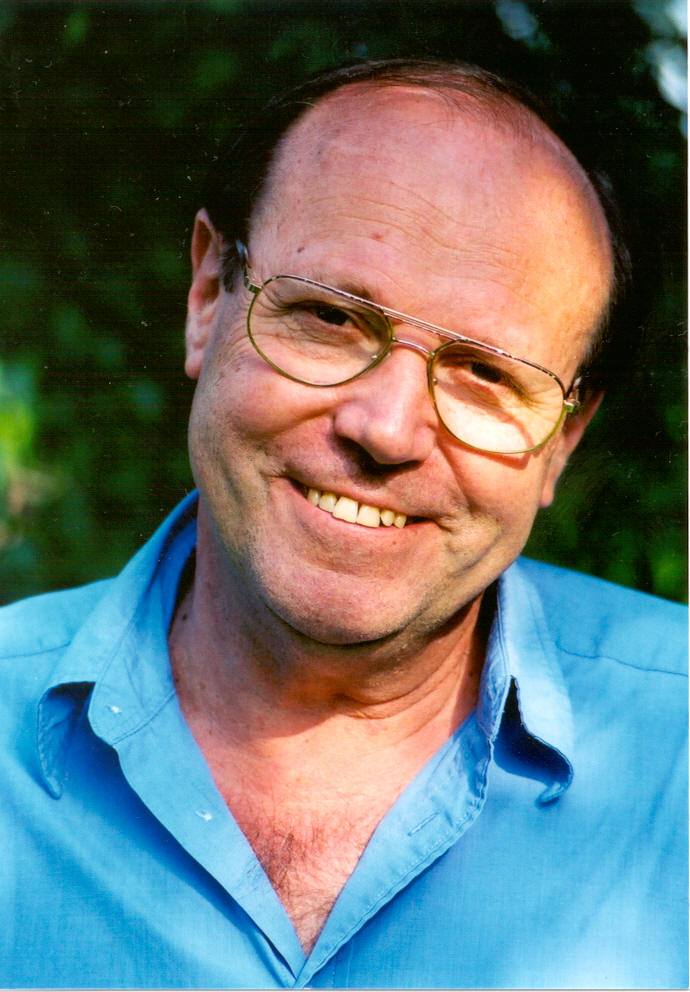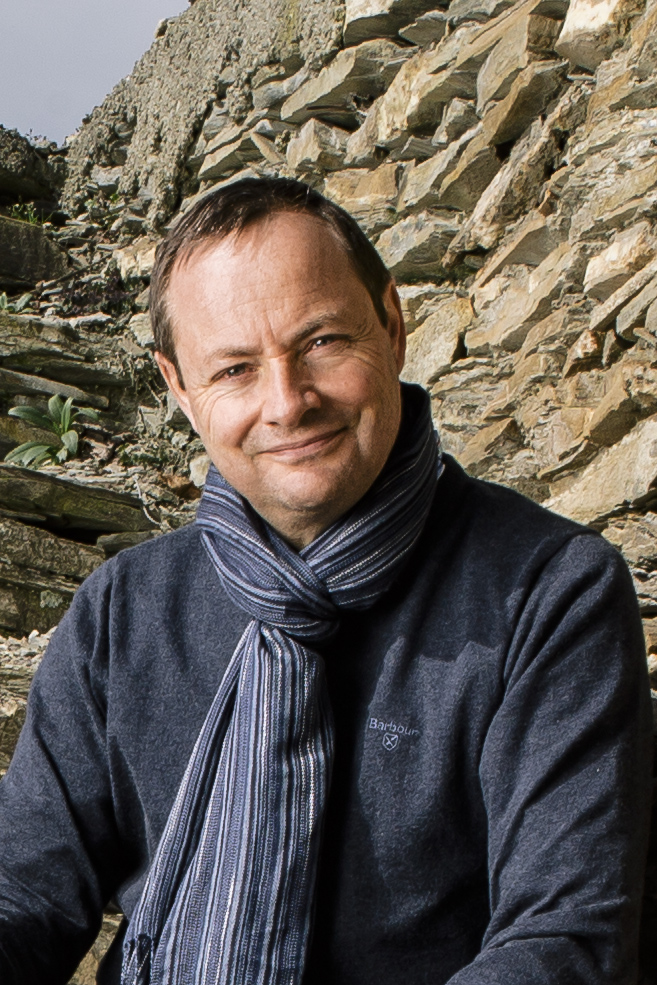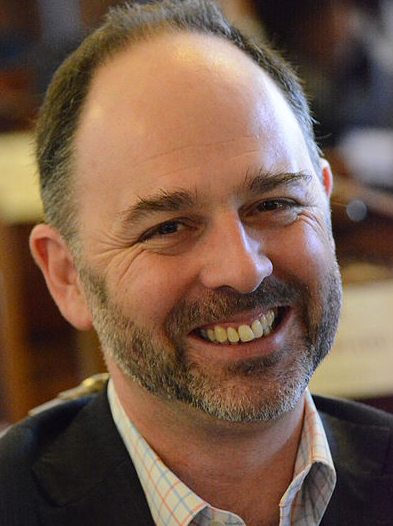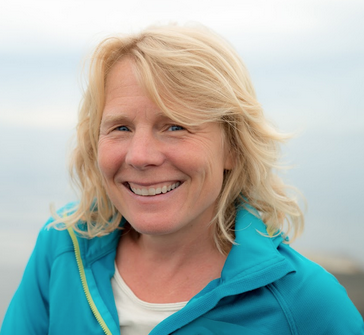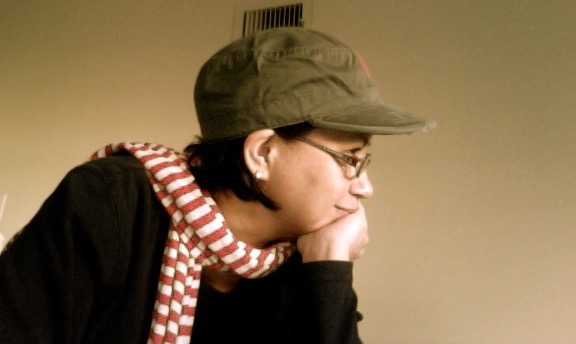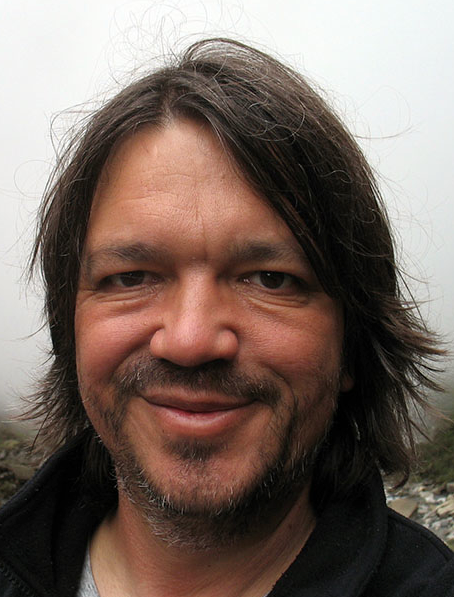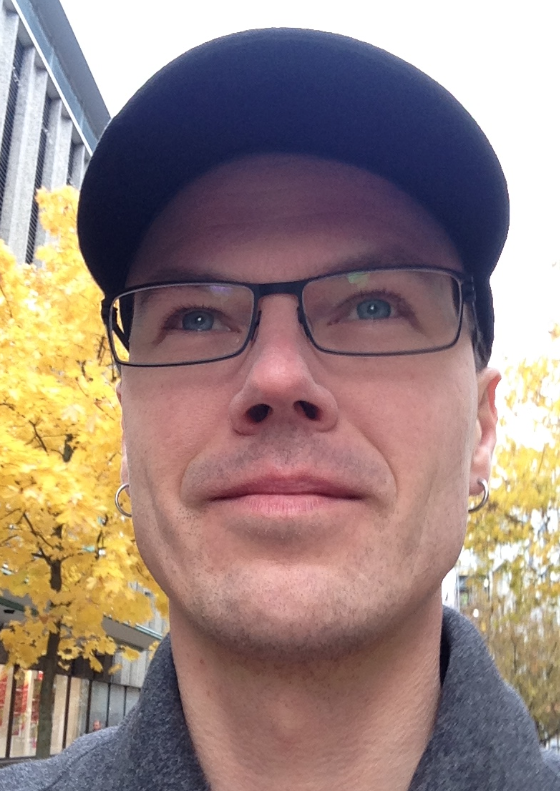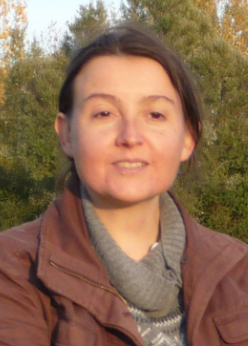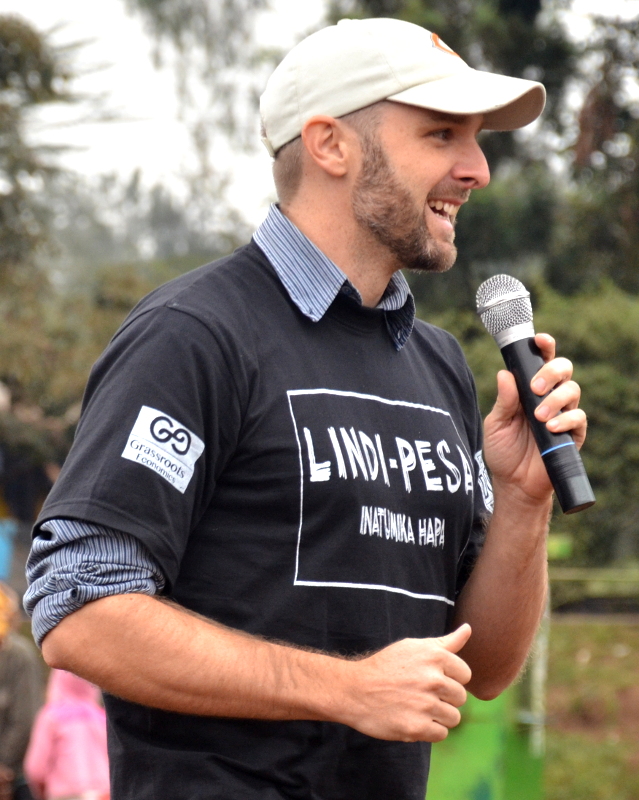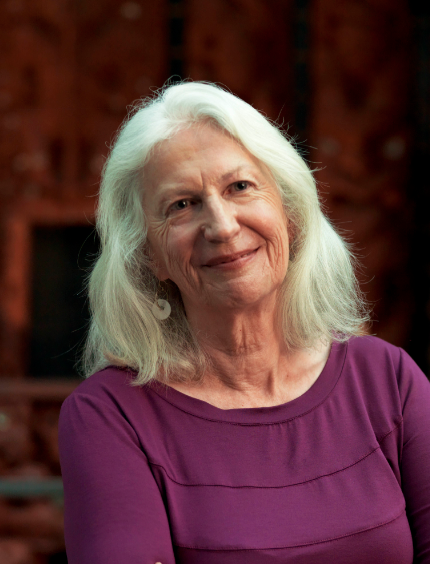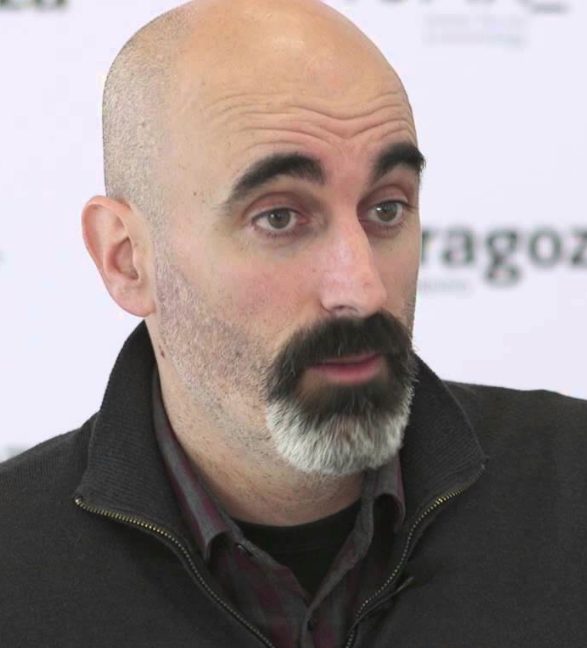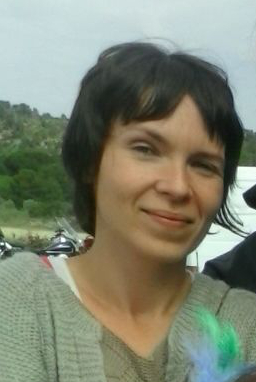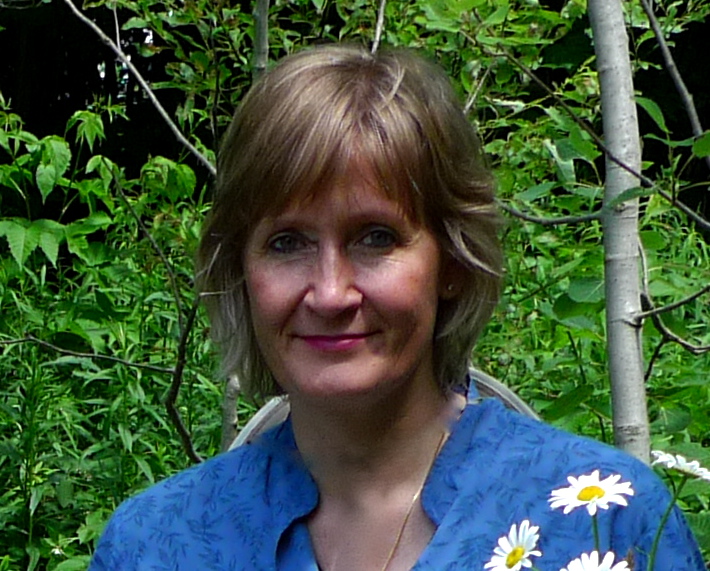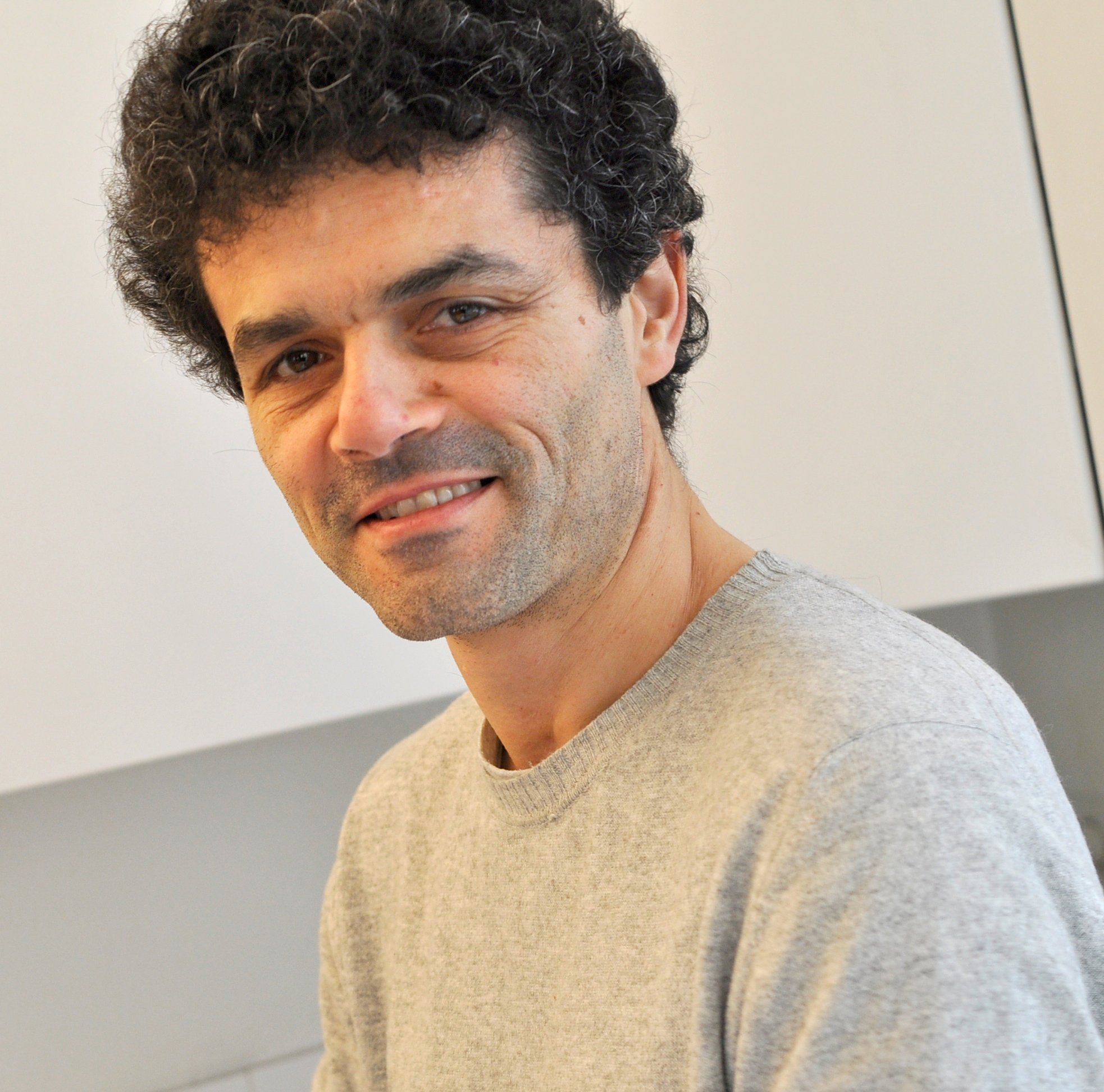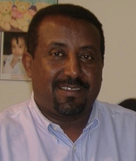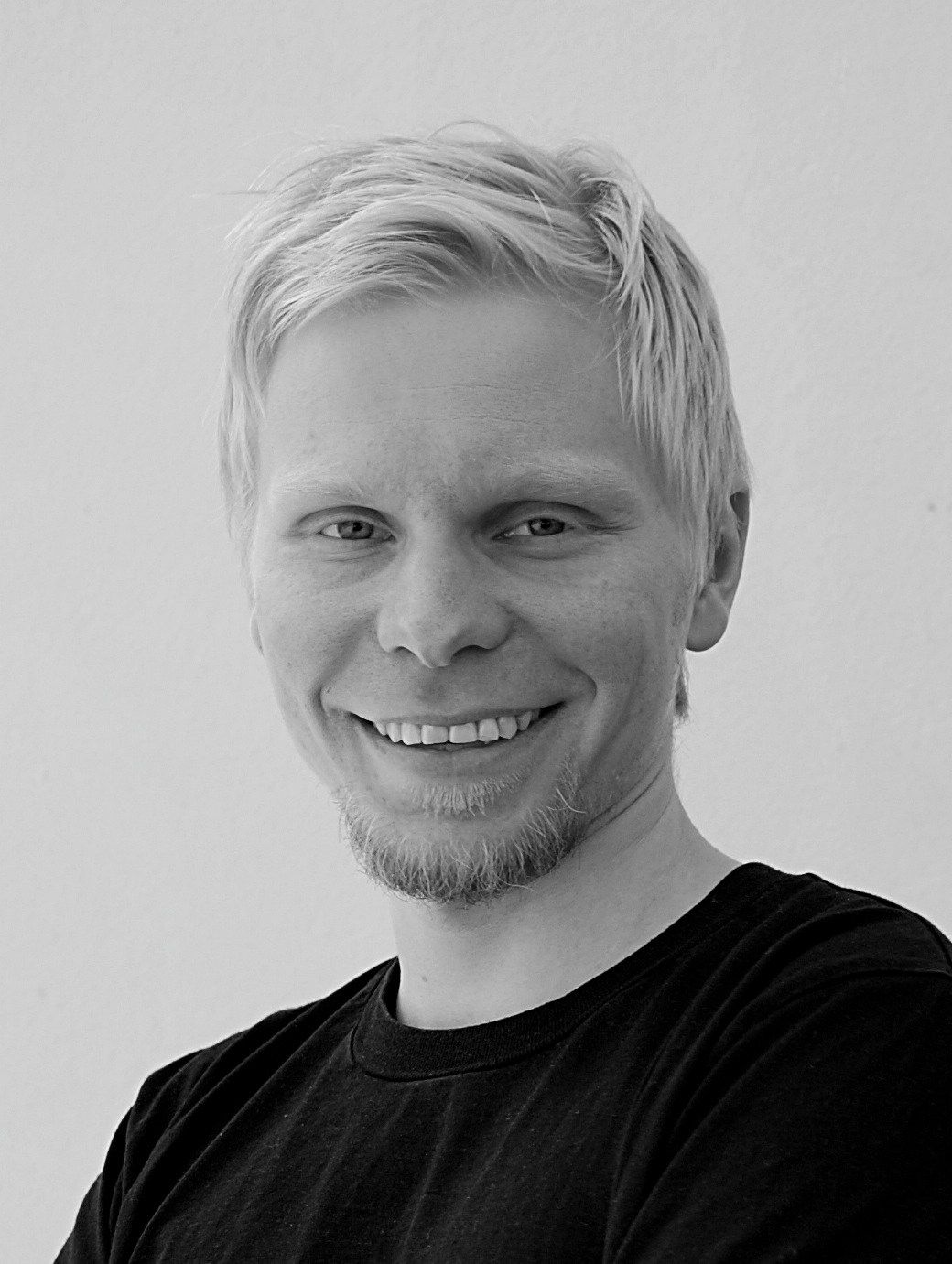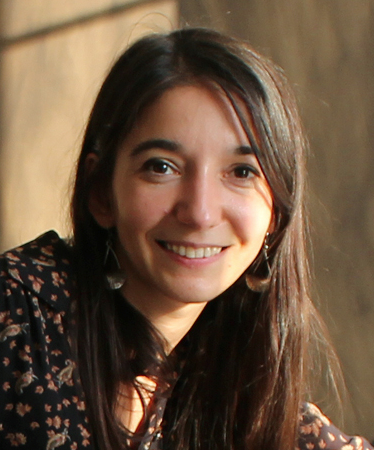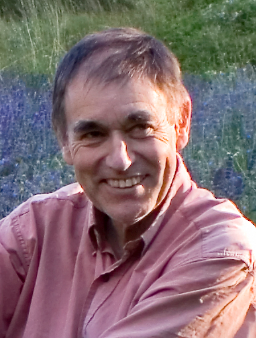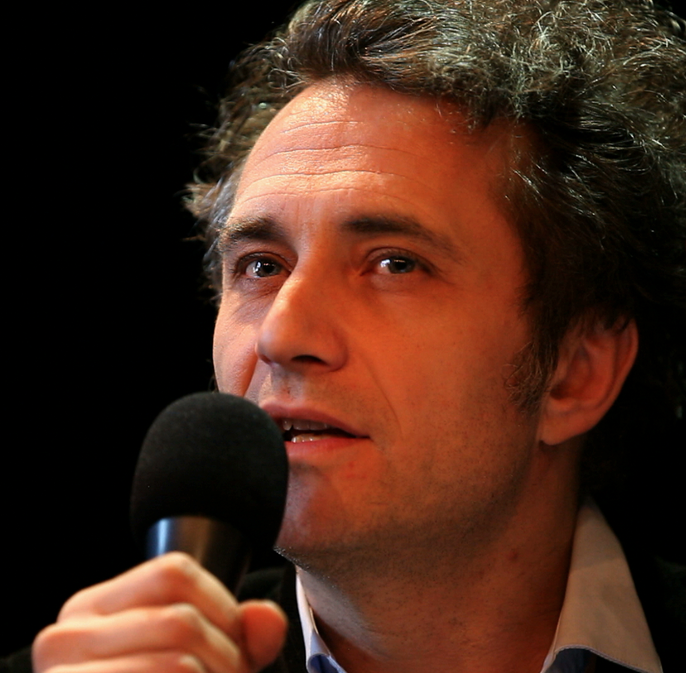Alain Ambrosi (Canada) is a designer and producer of intercultural projects, independent researcher, author, videographer and producer of the Remix The Commons Project.
Patterns of
COMMONING
The Ethical Struggle to Be Human: A Shack Dwellers Movement in South Africa
By Nigel C. Gibson
On March 19, 2005, in a scene reminiscent of the anti-apartheid struggle, 750 Black shack dwellers barricaded a major ring road near the Umgeni Business Park in Durban, fighting the police for four hours.1 The shack dwellers had been waiting patiently for Nelson Mandela’s historic 1994-election promise of housing to be realized. The houses, they believed, were to be built on a nearby piece of land, but under the pressure of real-estate and commercial development, this promise was broken. Instead of new houses, people found themselves facing bulldozers and threatened with removal to a place miles outside the city, far from work opportunities, schools, hospitals and the communities they had been part of. Not unlike the apartheid practice of treating people as “surplus population,” the politics of market forces had thrown into relief the human reality of post-apartheid South Africa and all its broken promises.
The Kennedy Road settlement is squeezed between the Clare Estate and the Bisasar Road garbage dump, the largest in Africa. Trucks continually enter the dump, passing Electron Avenue and other similarly named roads from a bygone age of technological innovation under apartheid “development.” Along Kennedy Road, the dump is ringed by a long concrete fence and topped by perfume rods that spray out fumes in an attempt to mask the smell. People walk constantly up and down the hill, to and from their jobs as domestic workers or gardeners in the houses on the Clare Estate, or to pick through the dump. Entry to the noxious and toxic dump is officially prohibited to shack dwellers, but if one walks alongside the fence that abuts the shack settlements one sees that, every few yards, concrete panels have been removed for easy access, and many make a living by sifting through the detritus, collecting cardboard, plastic, or metal to sell to recyclers in the “informal economy.”
Most of the Kennedy Road “informal settlement” is not “on” Kennedy Road, but is accessible through numerous paths that crisscross the hills.2 The people there are desperately poor. Forgotten in post-apartheid South Africa, they live without basic services like sanitation, water or electricity, in shacks dug into the side of the hill and built out of advertising boards, corrugated iron, branches and mud; their “temporary” shelter having become more or less permanent. For a long time, there wasn’t even refuse collection.
Kennedy Road itself is on the Clare Estate, a mainly Indian, middle- and upper-middle-class residential area that has experienced skyrocketing real-estate prices. In the interstices of the estate – in the valleys and along riverbanks, and against the municipal dump – there are eight different shack settlements, each with different histories and organizations. One of them is the Kennedy Road settlement, which has a radically democratic political culture that took years to develop. Other shack settlements have different forms of government, some based on political patronage which are often overseen by an induna (chief), some more respected than others, but often governance is along hierarchical and patronage lines.3 Because there are material interests at stake, the creation of democracy is often a continually contested and hard-fought struggle. Each settlement is configured by different material realities, often limited by physical space, size and geography, which determine the feasibility of such things as common meeting spaces. But, despite these constraints, looking down from the hilltops, there is something special about this area of Durban. The real-estate developers understand it, and it is not lost on the shack dwellers either.4
On March 19, 2005, despite the local councillor’s promises, the bulldozers moved in. Seeing their “Promised Land” being levelled, the shack dwellers acted, blockading Umgeni Road with burning tires and mattresses, bringing traffic and businesses to a halt. The police, taken by surprise, called for support. They attacked with dogs, punching protestors. Four hours later, fourteen of the 750 people from the Kennedy Road settlement had been arrested, including two teenage students. Two days later, on March 21 – Human Rights Day in South Africa (the anniversary of the day in 1960, when apartheid police fired on pass-law protesters in Sharpeville, and killed 69 people) – 1,200 people demonstrated, demanding that the local police release the fourteen people or arrest the whole community. The people themselves had begun to self-consciously mobilize for their own rights; they were finally beginning to press the state to be accountable. For more than a decade, the people’s anger had been steadily rising. Many people had given up hope of formal employment, or were being forced to use what the World Bank terms their “entrepreneurial” aspirations and “resourcefulness” in the informal economy. But collecting cardboard, plastic or metal from the stinking dump, or even gardening and cleaning for residents on the Clare Estate, doesn’t provide many “opportunities.”
The shack dwellers had understood that change promised by the government would be slow and that they needed to take responsibility for their own welfare; but by 2005, it had become crystal clear that their interests weren’t being considered at all. As one shack dweller put it, they had finally grown “tired of living and walking in shit” (quoted in Kockott 2005).
So, on that March day, the people from the Kennedy Road settlement organized quickly and staged their protest. They revolted because they felt betrayed. Although they might not have initially seen it in these terms, their action proved to be the beginning of a movement. They saw themselves as being on their own against the local government, the police, businesses, the rich, the media and the courts. Characteristically, they did not wait for the media or for professional activists to arrive. What was key to their actions was that they already had a democratic decisionmaking body, the Kennedy Road Development Committee, whose participatory meetings and social demands quickly caught the imagination of adjacent communities.
Indeed, this imagination was captured at the welcome-home party for those who had been arrested, when the chair of the Kennedy Road Development Committee, S’bu Zikode, affirmed the actions of the crowd with a memorable speech: “The first Nelson Mandela was Jesus Christ. The second was Nelson Rolihlahla Mandela. The third Nelson Mandela is the poor people of the world” (quoted in Patel and Pithouse 2005). The resonance was clear. The poor weren’t Christ, but Christ was the first Mandela, the first liberator who articulated a new heaven on earth. Mandela is Christ reborn, grounding liberation firmly on South African soil, his long imprisonment during apartheid a metaphor for the nation, just as his release is identified with the birth of a new South Africa.
Yet, the failure of the historical Mandela to really liberate South Africa demanded the birth of a new Mandela: the poor themselves. After many promises, all of them broken, they saw through the empty rhetoric of the local authorities. Enough was enough – sekwanele, sekwanele! – truth emanated from their own experiences: they had become the “new reality of the nation,” declaring the shack dwellers’ movement a university where they “think their own struggles” and “are not poor in mind” (Zikode 2006). Subtly criticising Mandela’s historical leadership, the poor were taking matters into their own hands, seeing themselves as the force and reason for their own liberation; they had become their own Mandelas.
This has been the essential aspiration of all commoners, everywhere – to throw off the chains of alien governance that dispossesses them; to assert their own rules for governing themselves and resources that matter to them; and to become protagonists in their own history. In this sense, the shack dwellers’ movement has been a pioneering struggle of commoning as a way to secure survival and basic dignity.
Origins of the Shack Dwellers’ Movement
Even if they had previously never heard of a “social movement,” by March 2005, the shack dwellers had effectively become such a movement by virtue of their self-organization and by developing their own relationships with other shack dwellers. For it was the universality of the Kennedy Road shack dwellers’ experience and demands that was immediately understood and taken up by neighboring settlements. The development of such horizontal links among shack settlements suggested a new kind of movement in the making. By May 2005, the people from Kennedy Road and five other shack settlements, as well as residents from local municipal flats, had organized a march of over 3,000 people. With banners expressing their collective will (“We want our land”) and homegrown political education (“The University of Kennedy Road”), the marchers presented a memorandum of ten demands that they had drawn up through a series of meetings and community discussions. Written by the shack and flat dwellers after careful discussion, this memorandum, which included the need for housing, jobs, sanitation, medical care, education, and safety from police brutality and environmental toxins, became a people’s charter5 – one that sought to represent not only Durban’s 800,000 shack dwellers, but the poor across South Africa, where nearly three million households live in “informal” housing.
Their demands were far from revolutionary; they were the demands of loyal citizens making reasonable requests, borne of their citizenship, for inclusion in the “new South Africa.”
The march ended at the offices of the local ANC councillor, and there the marchers announced that if the councillor did not resign, they, his constituents, would declare Ward 25 without a councillor. They brought along a coffin to represent the councillor’s political death. The point is obvious, but what is also worth noting is the marchers’ self-consciousness, both as a class pitted against the interests of property and as a collective pressing the government to deliver not only on its promises, but also to include those promises in its future deliberations. The marchers, in other words, were self-consciously challenging the elite character of the local government and by implication, the class character of the “elite transition” in South Africa.6
Some months later, following a meeting of twelve settlements at Kennedy Road, the shack dwellers’ movement, Abahlali baseMjondolo, was launched.7 There was no donor funding, no NGO, no civil-society funding nor political-party backing. Consistently ignored by the local council and often treated as criminals, shack dwellers across Durban began to join the movement. “The only language they understand is when we put thousands of people on the street,” proclaimed Zikode (2006:187), and throughout the following year, mass marches and demonstrations brought the plight of the shack dwellers to local, national and even international attention, with stories being featured inThe Economist and other international and local media, including a full-page story in The New York Times.
On a quick learning curve and with few resources, the movement was able not only to represent itself but also to respond to misrepresentation in the media. And soon it became clear that the shack dwellers weren’t going away. Daily demonstrations and actions in all of South Africa’s major cities continued to occur alongside Abahlali’s growing reputation and media presence.8 Despite President Mbeki’s call for these actions to stop, they continued. “These are the things the youth used to do in the struggle against apartheid,” he complained, but that was exactly why the actions were legitimate.
In early 2006, Abahlali began to organize a boycott of the local-government elections scheduled for March of that year. This was a logical development following the “burial” of the councillor, and the decision to boycott was marked by a march from the Foreman Road settlement into Durban’s city center, under the slogan “No Land, No House, No Vote,” which had earlier been employed by the South African Landless People’s Movement in a national campaign in 2004. Though the march was legal, it was banned by Durban’s city manager, Mike Sutcliffe. Two days later, on February 3, 2006, surrounded by riot police, the 3,000 shack dwellers amassed at the Foreman Road settlement and decided to go ahead with the march. Behind the banners of “University of Abahlali baseMjondolo” and “No Land, No House, No Vote,” they marched out of the settlement. As they entered the paved road, the police immediately attacked. A number of people were seriously injured and forty-five were arrested. Sutcliffe issued another ban, this time on a march planned for February 27. The police again cordoned off the exits to three large settlements, and made a number of arrests. But this time the people were prepared. With the support of progressive lawyers, Abahlali was able to take Sutcliffe to the High Court and won an interdict allowing them to march into the city.
Certainly there are continuities between these struggles and the struggles against apartheid. Many in Abahlali see their challenges as unfinished, and even Mandela had acknowledged the shack dwellers’ movement in 1993, when it was widely believed that the end of apartheid would see the upgrading of “informal settlements” and that these settlement conditions were a direct consequence of apartheid.9 In fact, South Africa has always been a country of extremes, of rich and poor, and developments in the South African economy have always been the province of powerful mining and financial interests in the context of global capitalism. The end of apartheid actually strengthened this proprietorship.
While co-opting some of the best brains of the struggle and transforming the formal movements into structures of governance, the ANC promised that the legacies of apartheid would be addressed. Yet, the ANC’s actual policies and practices never matched its rhetorical promises. At first this was put down to the politics of transition, especially at the local-government level, where apartheid functionaries lingered. But after the government’s embrace of neoliberal economic policies, the shift became clear. Though subject to international pressures, the direct authors of the “homegrown” structural adjustment were the new Black and old White elites. Alan Hirsch (2005) suggests that the neoliberal program was instituted by the government to protect South Africa’s sovereignty from the IMF/World Bank’s institution of a neoliberal program.
Today it is clear that the main beneficiaries of post-apartheid economic redistribution have been (and continue to be) South Africa’s banks and multinationals, now even freer than they were under apartheid. This includes the moneyed White elites, as well as the new much smaller Black elites, and the South African economy is more integrated into the global economy than at any time in its history. Moreover, post-apartheid South Africa’s quick move to roll out a neoliberal economic model to encourage global investment shifted priorities and resulted in deep cuts in budgets for social services, below the levels in the first years of the ANC government. Serious discussion of the social and economic consequences of years of colonialism and apartheid in the 1990s has given way to a neoliberal discourse about the poor, who are represented as “undifferentiated, unwilling carriers of social diseases” (Barchiesi 2007:46-7) – in other words, as morally corrupt and behaviorally undisciplined – or, to use the language of apartheid, “surplus population.” Needless to say, the post-apartheid housing program is part of this project, ultimately aimed at moving the poor out of the cities. Built far from the urban centers, one-room closet-sized houses are economically nonviable for many. On the contrary, living close to both economic opportunities and to educational opportunities for their children, is vital. Thus, when the Durban municipality described its plan for a “city without slums,” it was correctly understood by the shack dwellers as the return of the apartheid policy of “influx control” and the removal of “black spots.”10 Once again, Black people were to be pushed out of the city and dumped in the peripheral ghettoes.
The class character of the situation is plain. This is also evident when it comes to water and electricity supply. Access to “sufficient water” (twenty-five liters per day and person) is guaranteed in the South African Constitution, but this seems to miss the point in the context of the shacks. Reducing general water consumption and controlling it through a metering system are pointless in a situation in which there are few working taps and toilets to serve thousands of people. The same is true for electricity supply.
And it is not simply that those in the shacks can’t afford sufficient water and electricity – some can – but insufficient water and no electricity, along with the fact that fire engines are often not dispatched when fires do start, has resulted in frequent fires and avoidable deaths. As S’bu Zikode put it: “We have seen that when the wild forests and plantations of the rich are on fire, there are often large helicopters with hundreds of tons of water to extinguish the fires. But when our shacks are on fire, the helicopters and ambulances are nowhere to be found…Helicopters only come for us when we march. The state comes for us when we try to say what we think.” (Zikode 2008a)
On April 21, 2006, twelve years after the birth of a new South Africa, generated by the first full and free election, 5,000 South African shack dwellers from the fourteen informal settlements that had joined Abahlali the preceding year came out, not to celebrate freedom, but to mourn “Unfreedom day,” and they have done so ever since. How can “we celebrate freedom when we only hear tales of freedom or see people’s lives changed for the better in other parts of the country, but never in our communities?” asked S’bu Zikode, questioning, in effect, the state of freedom in the whole country.
Zikode, the founding president of the shack dwellers’ movement, Abahlali’s baseMjondolo, is a forty-year-old former petrol-station worker. (Early in 2007 Zikode lost his job at the petrol station because of his political activity.) A father of four who moved to the Kennedy Road settlement in 1997, he is a former Boy Scout from a small rural town who gained distinction at school but had no money for university. A short, slight man with a welcoming manner and warm smile, Zikode is both engaging and articulate, with a reflective and calm demeanor. A radical humanist, not a firebrand, but a teacher and listener, Zikode has become a significant national public figure, appearing on television, on radio, and in the national and local print media, his words frequently reprinted in pop-culture magazines with a combined circulation of five million (Bryant 2008). (For more of his biography, see Zikode 2009.)
While S’bu Zikode might be viewed as Abahlali’s philosopher – indeed he articulates the struggle as “thought on the ground, running” – he has rigorously resisted calls to run for local government or to be the single spokesperson of the movement. He maintains that the problems are systemic, and sees himself only as the people’s servant, elected on their behalf and subject to recall. Zikode has remained remarkably consistent and true to the principles of grassroots democracy, shared leadership, and to critically reflecting on these struggles. In 2008, he decided not to run as president of the movement arguing:
My intention was always to remain strongly committed to the movement but it seemed clear to me that all the positions at all levels of leadership in our movement need to be shared, that the burden of leadership in a movement of volunteers needs to be shared, that I need time for my family and to be able to read and think about what we have achieved with our living politics, a politics that was always based on us thinking carefully about our lives and our struggles. We have to change ourselves before we can change the world and, without time to think, that change becomes difficult (Zikode 2008a).
This is an important articulation of principle. It insists not only on the space for thinking, but also on the centrality of self-reflexive thought to the movement itself. When members called on Zikode to reconsider his decision not to run, he took it seriously, adding that the movement’s “calls for a leader who is willing to learn and who is prepared to be led…[is] very important in our Movement’s work of defining itself and knowing itself before someone else from somewhere else defines our Movement” (2008a).11 This, of course, is an expression of a Fanonian principle: the leader does not lead the people, but rather helps in the work of self-clarification; the philosophic idea of “knowing thyself” is and must be a social and collective process.
Zikode has developed a knack of talking over the head of the government to a larger constituency, and his message is a challenge to the nation. “Government officials, politicians and intellectuals who associate the shack dwellers with the Third Force [a term that alludes to the murderous apartheid-sponsored violence of the early 1990s] have no idea what they are talking about. They are too high to really feel what we feel.” And quite literally, high up in their offices, they cannot see the people down below – physically, conceptually and experientially – and quite possibly, for this reason, the Third Force may not be something the politicians can understand. Zikode continues: “We are driven by the Third Force, the suffering of the poor. Our betrayers are the Second Force. The First Force was our struggle against apartheid. The Third Force will stop when the Fourth Force comes. The Fourth Force is land, housing, water, electricity, health care, education, and work” (Zikode 2006). The implication is clear: The “Second Force,” the ANC in power, had betrayed the struggle and produced not liberation but a “Third Force,” namely the suffering of the poor. In this logic, the as-yet unrealized “Fourth Force” is, of course, a vision of an egalitarian future.12
A Struggle of Moral Discourse and Democratic Practice
Boycotting the election was not taken lightly, but for Abahlali, democracy means much more than a periodic vote. The decision to boycott represented a real shift in thinking about the core values of post-apartheid society. For Abahlai members, democracy was not about an election every five years, but about day-to-day life that included reciprocity, caring, and the inclusion of those who had been systematically excluded and told that they were too stupid to understand. Abahlali was simply speaking a different language that emanated from below, and was grounded in the struggle of the everyday. The organization was concerned not with political negotiations but with principles that flowed from an open and egalitarian moral discourse and democratic practice: “Our struggle is for moral questions, as compared to the political questions as such. It is more about justice,” declared Zikode. “Is it good for shack dwellers to live in mud like pigs, as they are living? Why do I live in a cardboard house if there are people who are able to live in a decent house? So it is a moral question” (Zikode quoted in Ngiam 2006).
Just as the struggle against apartheid brought the vote, the shack dwellers’ struggle has challenged the meaning of the vote, and given a voice to the poorest of the poor: “Now the tide has turned,” argued Zikode in 2006, “you are hearing from the horse’s mouth…We have come out to say this is who we are, this is where we are and this is what we want” (interview with Zikode in Beresford 2006; original emphasis). Continuously staying open to new creative impulses and questions and to innovation from below remains a core principle. As self-organized shack dwellers, Abahlali was becoming an author of its own history with everyone able to participate – an example, in Fanonian terms, of the “practice of freedom” taking place in the “structure of the people” (1968:143).
Abahlali has consistently refuted the discourse of “service delivery”; they insist instead that their demands are about “being human.” “It is not only about physical infrastructure,” says Zikode, “we have shifted our thinking”; from the beginning, “the struggle is the human being, the conditions that we live in which translates into demands for housing and land.”13 Through Abahlali, he adds, “people are starting to remember that they are human beings” – even the police. Often harassed and criminalized (with trumped-up murder charges and such), with leaders including Zikode imprisoned and beaten up in Sydenham police station, members of Abahlali have suffered at the hands of the police. But after sustained mobilization in late 2007, a shift in police behavior became apparent, and Abahlali was determined to continue this trend and work with the police around issues of safety.14
A deeply rooted humanism guides “the culture of Abahlalism,” a set of ethical norms in which everyone shares everyday suffering and pain, as well as laughter. Reflected in the democratic openness and respectfulness with which they conduct their meetings, Abahlalism is a culture of sharing that is rooted in the ideas of community and reciprocity found in the long struggle against apartheid. “We fought, died, and voted for this government,” Zikode says, “so that we could be free and have decent lives,” but “this government does not treat us like people who can speak and think for ourselves” (Butler and Ntseng 2007). Thus life is not only about a struggle for decent living conditions, but also about a mental liberation from years of subservience and the lack of self-confidence that so oppressed the poor during the apartheid period, and sadly also during the post-apartheid period. One of the major goals of Abahlali, therefore, is a kind of moral revolution, the creation of a society where the poor will be treated as human beings with minds of their own.
Yet at every turn, Zikode is reminded that poor people in post-apartheid South Africa are not valued as much as others. While Abahlali has successfully forced itself onto the agendas of government institutions and “civil society,” there is a constant struggle not only to keep these spaces open but through their inclusion to transform them. Whatever tactic has been employed, from mass marches to challenges in the courts, from meeting with local government to the No Vote campaign, what remains essential is that no actions take place without ongoing discussion and decisionmaking at the meetings in the shack settlements. Court cases (including appeals to the Constitutional Court), for example, can be long, procedural and expensive affairs that can drain the resources and challenge the integrity of any poor people’s movement. And while it appreciates the pro bono work of lawyers, Abahlali has always been careful to develop and sustain a mode of organizing from the bottom-up, through constant consultation and principled refusal of “biryani money.” Thus, as a movement, it has avoided two pitfalls, namely dependency on donors and professionalization:
All decisions about money are taken collectively, publicly and democratically in the movement’s open weekly meetings and all donations should therefore be channeled through the movement’s official structures so that decisions about how to use the money can be taken in these meetings. Abahlali is a 100 percent volunteer organization and no member is paid for any work undertaken for the organization and no money is allocated to individuals – it all goes for collective expenses such as lawyers, bail, transport, sound hire, etc. as determined by the discussion at the weekly meetings (Abahlali 2006a).
Abahlali’s critique of the discourse of service delivery thus emerges from the conception of being counted as active participants in decisions and actions, rather than being seen as pariahs to be managed and controlled. They have deliberately chosen to force themselves into those spaces where they have not been invited, and make their presence in these spaces a kind of “insurgent citizenship” (Holston 2007), one that contests the elite form of South Africa’s democracy. Their claim to practical and intellectual equity, remarks Cooper-Knock (2009:57), “does not rest on claims to equal, technical knowledge but…in their capacity to reason through their situation.” In other words, the shack dwellers’ knowledge derives from their existentially experienced situation of being in the shacks, and their politics from theorizing their situation.
Thinking in Communities
The shack dwellers’ movement cannot be explained by issues of resource mobilization, or the aid of outside forces, or even the event’s material success. What was expressed through the shack settlement’s initial self-mobilization was its insistence on open meetings where all could speak and hash out issues, coupled with the straightforwardness and moral suasion of their demands. The growth of the movement came about through word-of-mouth and personal communication, which, by the end of the first year, 2005, had engendered a new organization, Abahlali baseMjondolo. And if Abahlali’s commitment to growth is tempered, it is only because it is invested in the principle of discussing things openly and thoroughly in meetings, and making decisions with the commitment of all.
Each shack settlement that joins, each new branch that forms, has to follow the democratic principles of Abahlali.15 This means that each demonstration or march requires a number of meetings, then meetings of subcommittees, as well as communication among settlements. Press releases are discussed, written and distributed. And each settlement and branch, through its own autonomous committees, sends delegates to Abahlali. The Abahlali meetings rotate among all the affiliated settlements, are usually attended by about thirty to forty elected representatives from the various committees, and are open to all residents from the local settlements (Beresford 2006). It is worth noting that, though the democratic culture of the organization has spread across the settlements, it doesn’t always overcome authoritarianism or conservative ideas. Even where settlements have strong Abahlali activists, it has been difficult, at times, to get beyond the armed authoritarianism of “leaders” who trade votes for private deals with the state.
Governed on such a grassroots democratic basis, with meetings open to all adults (regardless of age, gender,16 ethnicity, origin, and length of time in residence), each settlement has at least one weekly meeting, and representatives from each of the settlements elected each week meet as Abahlali baseMjondolo every Saturday. Every day there are a number of meetings of various subcommittees. The meetings are very formal, with decisions arrived at by consensus and with an emphasis on the inclusive process of “listening to others’ ideas” and “being together” (Bryant 2008:48).
Through these process the movement has consistently rejected offers of money, proffered mostly by NGOs and parties attempting to buy political credibility. It has remained very suspicious of outsiders who try to speak for it or take control and, over time, it has come to understand who its real friends and enemies are. At its inception, three “outsiders” – activist academics at the University of KwaZulu-Natal, Fazel Khan, Raj Patel and Richard Pithouse – were directly involved with the movement on a daily basis. Committed to the Fanonian belief that a movement of the poor should speak for itself, these activist academics had put themselves “in the school of the people,” to be educated by the movement. They not only helped put the shack dwellers’ organization in touch with committed lawyers, typed up press releases and developed a website, but took the thinking being done in the communities seriously.
In The Wretched of the Earth, Fanon writes, “It is true that if care is taken to use only a language that is understood by graduates in law and economics, you can easily prove that the masses have to be managed from above. But if you speak the language of the everyday…then you will realize that the masses are quick to seize every shade of meaning…Everything can be explained to the people, on the single condition that you really want them to understand…The more people understand, the more watchful they become and the more they come to realize that everything depends on them.” This idea helps explain, as noted by Zkorde (2008a), how the shack dwellers’ conception of politics is not about political office; it is a politics of the poor in the language of the people. Participation is based on shared experience, and their political practice is dependent on democratic meetings in the settlements: “Our politics is a traditional home politics which is understood very well by all the old mamas and gogos [grannies] because it affects their lives and gives them a home.” It is a language which all can speak and understand; it is simple and transparent and thus creates a situation which is consciously collective and inclusive.17 In Zikode’s words, “We look after each other and think about the situation and plan our fight together” (2008:115). Zikode’s notion is a challenge to the elite politics that has characterized the post-apartheid transition and its corporate and technicist aftermath. It is not a question of empowerment or inclusion in terms of having a seat at the policy table, nor it is not simply a question of being consulted, although that would be an important beginning; it is a challenge to the alienation inherent in the attitudes and proposals of the housing-policy experts, an alienation that arises out of their attitude towards the poor, and the poor’s systemic exclusion from the policy decisions made about them.
Thus, at first, the Kennedy Road movement saw itself as a movement unto itself, local and immediate, utterly divorced from liberal NGO or left anti-globalization discourses. A year later, in his 2006 presentation, Zikode directly linked the self-activity of the shack dwellers, not only to housing politics, but also to national politics:
We believe that the housing policy does not only require housing specialists, rich consultants and government. We believe that housing policy requires most importantly, the people who need the houses. But we also know, as poor communities and as shack dwellers that the broader poor have no choice but to play a role in shaping and reshaping this country into an anti-capitalist system (Zikode 2008: 115; my emphasis).
And this alternative, he added, comes out of “the thinking that we do in communities.” The challenge to academics and intellectuals in the university setting is quite clear; their work requires listening to, and taking seriously, the thinking that is done in the communities. In other words, it requires shifting the geography of reason, and challenging preconceived ideas of who does the thinking and where it is done. This is not simply about territoriality, but about restoring agency to the people who know the situation, who can and should do the thinking so that they can demand, in a Fanonian sense, a more reality-based and a more rational18 and effective mode of operation that will lead to a self-conscious realization that they are “equal to the problems that confront them” (Fanon 1968:193). In practice, this has meant that Abahlali’s meetings, its finances and its organizational structures are open to all.
Beyond Liberal Ideas of “Freedom” and “Inclusion”
In the early days of the movement, the struggle’s discourse centered on ideas of dignity and self-respect. The declaration that “we are human beings” was echoed in the shack dwellers’ outrage at the politicians who ignored their plight. Thus, from its beginnings the struggle was not over a technical issue about the redistribution of resources (though it includes that) but a most concrete reflection on being human, about the fact that human beings should live in homes fit for human beings. The shack dwellers don’t only demand recognition as human beings. Their demand for recognition has been consistent and goes beyond the liberal tradition of “inclusion” in a political or legal system. They take the freedom won in the struggles against apartheid seriously, and thus reject the equation of freedom with neoliberal ideas as “unfreedom” since for them those ideas only amount to absence of freedom. They want freedom to be truly equal.
Thus, while fighting for what is guaranteed by the South African Constitution is important,19 what is at stake is the need to address deep-rooted structures of economic inequality that are legacies of apartheid and colonialism, reproduced in contemporary neoliberal South Africa. In that sense, the demand for “redistribution” is a real and urgent one, but it also implies a critique of elite-driven politics (or the anti-politics discourse of “service delivery”), be that right-wing, top-down technocracy, NGO paternalism, vanguardism,20 or left-wing technocratism. The latter describes a situation in which too much attention is paid to technical instruments, and too little to popular participation. In contrast to reforms developed by scholars and NGO staff “while the poor and their grassroots organizations play only a very secondary role in terms of strategy building and intellectual elaboration” (De Souza 2006:337), the shack dwellers seek to be an essential part of decisionmaking and thus agents of refashioning democracy.
When Fanon wrote in The Wretched that intellectuals needed to put themselves in the school of the people, he had in mind the grounding of new concepts in what Zikode calls “thinking that is done in the communities.” This thinking, which emerges from experience, is at once pragmatic and critical. Ideas and formulas repeated at meetings help generate new ways of knowing in the communities and, in the case of Abahlali, the movement’s intellectuals are truly organic to it. They live in the settlements, and this goes a long way towards overcoming the separation of intellectuals from the masses that so preoccupied Fanon.
Over time, some NGOs and other individuals have given practical support, but Abahlali is not dependent on any external funds. It remains particularly concerned about its ability to maintain political autonomy within the democratic structure of the organization. “It’s quite interesting because sometimes we are aware that these organizations have got money but they don’t have constituents, you know, people,” argued Zikode, “Abahlali is the poor struggle – struggle of the poor – therefore money will not tempt us…we cannot therefore be bought” (Zikode quoted in Pithouse 2006). In other words, Abahlali became aware of the potentially disastrous effects of external funding on a poor people’s movement, that it may not only broker a movement but also potentially destroy it.
Again, Zikode (2008:122) reminds us that human beings do not live on bread alone. “We are poor,” he says, “we know that, and we might be poor in life, but we are not poor in mind,” recognizing, as Marx put it, the real wealth of the individual depends entirely on the wealth of real social and intellectual relationships.
References
Abahlali baseMjondolo. 2006. “Supporting Abahlali.”
https://www.abahlali.org/node/269.
Alexander, Neville. 1993. Some Are More Equal Than Others: Essays on the Transition in South Africa. Cape Town: Buchu Books.
ANC [African National Congress, South Africa]. 1993. “Southern Natal Statement on the Housing Crisis.” November 9.
Aristide, Jean-Bertrand and Christophe Wargny. 1993. Aristide: An Autobiography Maryknoll, NY: Orbis Books.
Barchiesi, Franco. 2007. “Wage Labor and Social Citizenship in the Making of Post-Apartheid South Africa.” Journal of Asian and African Studies 42(1):39-72.
Beresford, Alex. 2006. ‘Trapped in Corporatism? Trade Union Linkages to the Abahlali baseMjondolo Movement in Durban’. https://www.abahlali.org/files/Beresford.pdf
Bryant, Jacob. 2008. “Toward Delivery and Dignity.” Journal of Asian and African Studies 43(1):41-62.
Butler, Mark and David Ntseng. 2007. “Minutes of the Abahlali baseMjondolo Meeting to Discuss Legal and Political Strategies to Oppose the Slums Bill.” July, 13. Kennedy Road Hall, Durban. https://abahlali.org/node/1718.
Calland, Richard. 2007. “Resist the Prison of Expertocracy.” Mail and Guardian, January 21.
Cooper-Knock, Sarah. 2009. “The Role of Citizens in Post-Apartheid South Africa: a Case-Study of Citizen Involvement in Informal Settlement Projects,” M.A. Thesis, Oxford University.
De Souza, Marcelo Lopes. 2006. “Together with the State, Despite the State, Against the State: Social Movements as ‘Critical Urban Planning’ Agents.” City 10(3):327-42.
Dunayevskaya, Raya. 2002. The Power of Negativity. Selected Writings on the Dialectic in Hegel and Marx. Peter Hudis and Kevin B. Anderson, editors. Lanham, MD. Lexington Books.
Fanon, Frantz. 1968. The Wretched of the Earth. Constance Farrington, translator. New York. Grove Press.
Gibson, Nigel C., editor. 2006. Challenging Hegemony: Social Movements and the Quest for a New Humanism in Post-Apartheid South Africa. Trenton: Africa World Press, 1-14.
Hirsch, Alan. 2005. Season of Hope: Economic Reform Under Mandela And Mbeki Pietermaritzburg: University of KwaZulu-Natal Press.
Holston, James. 2007. Insurgent Citizenship: Disjunctions of Democracy and Modernity in Brazil. Princeton: Princeton University Press.
Khan, Fazel. 2006. “Outside the ICC again.” Independent Media Centre, September 12. https://www.southafrica.indymedia.org/news/2006/09/11083.php
Kockott, Fred. 2005. “Shack Dwellers’ Fury Erupts.” Tribune. March 20.
Loftus, Alex. 2006. “Reification and the Dictatorship of the Water Meter.” Antipode 38(5):1023-45.
Ngiam, Xin Wei. 2006. “Taking Poverty Seriously: What the Poor Are Saying and Why it Matters.” https://www.abahlali.org.
Patel, Raj and Richard Pithouse. 2005. “The Third Nelson Mandela.” https://www.voiceoftheturtle.org/show_article.php?aid=435.
Pithouse, Richard. 2005. “The Left in the Slum: The Rise of a Shack Dwellers’ Movement in Durban, South Africa” (History and African Studies Seminar, November 23, 2005, University of KwaZulu-Natal).
———. 2006. “Our Struggle is Thought on the Ground Running”: The University of Abahlali baseMjondolo. Centre for Civil Society Research Report, No. 40, University of KwaZulu-Natal, Durban.
———. 2009. “A Progressive Policy without a Progressive Politics: Lessons from the Failure to Implement Breaking New Ground.” Town Planning Journal 54: 1-14.
Platzky, Laurine. 1986. “Relocation in South Africa.” South African Review 3. Johannesburg: Ravan.
Zikode, S’bu. 2006. “We Are the Third Force.” Journal of Asian and African Studies 41(1/2):185-9. Also, https://www.abahlali.org/node/17.
———. 2008. “Sekwanele Sekwanele” (Enough is Enough). Journal of Asian and African Studies 43(1):119-24.
———. 2008a. “Post Annual General Meeting Speech.” December 14. https://abahlali.org/node/4666
———. 2009. “To Resist All Degradations and Divisions.” Interview by Richard Pithouse. https://antieviction.org.za/2009/04/28/to-resist-all-degradations-divisions-an-interview-with-sbu-zikode
This essay is derived from a chapter by Nigel Gibson, “Unfinished Struggles for Freedom: The Birth of a New Shack Dwellers’ Movement,” in Fanonian Practices: From Steve Biko to Abahlali baseMjondolo, Pietermaritzburg: University of Kwa-Zulu Natal Press and New York: Palgrave Press: 2011.
Nigel C. Gibson (USA) is Associate Professor of Interdisciplinary Studies at Emerson College and research associate at the University of Kwa-Zulu Natal. In addition to Fanonian Practices, he is the author of Fanon: The Postcolonial Imagination and the editor of eight books, including Rethinking Fanon and Biko Lives.
- Some of the following was adapted from my introduction to Challenging Hegemony: Social Movements and the Quest for a New Humanism in Postapartheid South Africa (Gibson 2006:1-14).
- “Informal settlement” is a term preferred by INGOs and NGOs and gives the impression of temporary accommodation, which is far from the truth. Often families live in these settlements for generations.
- Given that so much literature on shack settlements is based on studies by UN-Habitat in Nairobi (where the problem is slumlordism produced by a rental market for shacks), it is necessary to point out that authoritarian modes of governance tend to be based on clientelistic associations, where local leaders try to turn “their people” into vote banks for the ruling party in exchange for favors from above.
- A member of the KwaZulu-Natal Cabinet is reported to have stated: “We can’t build matchboxes next to three-million-rand houses” (Khan 2006a), while one of the shack dwellers notes simply, “They want it for the rich” (Alfred Ndlovu, quoted in Pithouse 2005b).
- It is important to note that the handful of middle-class activists/intellectuals from the University of KwaZulu-Natal who were involved in the movement adhered to the principle that the people spoke for themselves.
- Legitimation of the shacks could take different forms. One form, which is akin to privatization, is to legalize the shacks by providing title deeds, thus making shack dwellers into individual property owners. The shack dwellers’ movement is not advocating this strategy since it would probably undermine the autonomy of the settlement and would prove detrimental to a movement based on community solidarity.
- Of the thirty-two elected representatives, fifteen were women and seventeen were men. The roots of the word mjondolo (the colloquial word for shacks) are numerous. One line of thought is that jondolo originally referred to the John Deere tractor crates that were used for shack construction in the 1970s.
- In 2005 alone, there were over 600 community actions across the country (Alexander 2010). These included demonstrations, occupations, and battles with police that resulted in bloodshed. Several new technologies were harnessed to aid communication (particularly mobile phones and SMSes (on SMS activism in Africa, see Erkine 2010). This has enabled the shack dwellers’ and other movements to speak for themselves and represent themselves in the media more than was possible in the past.
- In a 1993 press release, the ANC proclaimed that people living in “squatter areas” should “make their voice heard. ‘Your problems are my problems, your solution is my solution,’ says President Nelson Mandela.” As Dumisani Makhaye put it, ‘The crisis in housing in South Africa is…a result of apartheid’” (ANC 1993).
- We should remember that although apartheid minister Piet Koornhof announced in 1981 that forced removals would end, they did not. What changed were the tactics and language, which included “vague promises, ambiguous statements, announcements and retractions, rumors and harassment” (Platzky 1986:395). The same tactics are being used in post-apartheid South Africa. For example, promises to bring electricity to the shacks were retracted because the informal settlements were “temporary” and the shack dwellers would be rehoused by 2010. The 2010 date was later retracted.
- Zikode is always clear that Abahlalism is about the “movement” not about individuals. Inviting Zikode to speak at one or another workshop, NGOs are often shocked to be told that the movement will first discuss whether or not to attend the workshop and then, if they decide to attend, will send an elected representative or representatives.
- The importance of Zikode’s analysis should not be underestimated. When Blade Nzimande, general secretary of the South African Communist Party, condemned the protests by the poor in 2009 and dismissed looting and destruction of property as the work of a “third force,” newspaper columnists (such as Karumbidza 2009) responded with references to Zikode’s “Third Force” argument.
- Minutes of the Abahlali baseMjondolo meeting to discuss legal and political strategies to oppose the Slums Bill, July 19, 2007, available at https://abahlali.org/node/1718.
- This relationship was broken in late September 2009 when the police stood by while Abahlali members were expelled from the Kennedy Road shack settlement and their shacks were destroyed. See https://www.youtube.com/watch?v=-8gQv19cD4Y.
- This, of course, becomes more challenging as Abahlali has grown and shack dwellers join Abahlali for an immediate goal, such as to stop an eviction, and become fairly inactive after that goal is achieved and thus do not play an active part in the organization’s culture of grassroots democratic participation and “living learning” (see Pithouse 2006). This became apparent for a short while after the attacks at Kennedy Road in 2009, when many of the movement’s activists were in hiding.
- Pithouse (2006:61) notes that while all are included, it is mostly young women without children or older women with teenage or adult children who are able to go. He says that for meetings to be fully democratic, childcare will have to be provided, although, in some settlements there just isn’t a physical space large enough for collective childcare arrangements.
- And thus reminiscent of Aristide’s liberation theology and its three principles of a people’s program: dignity, transparent simplicity and participation. For Aristide, “The democracy to be built,” he argues in his autobiography, “should be in the image of Lavalas: participatory, uncomplicated, and in permanent motion” (1993:126).
- Hegel famously said that “truth is concrete” and that “the real is rational.” Here the challenge to theory is the reality of the situation, expressed by the thinking (rationality) of the shack dwellers. Rather than a source of theory, the thinking done in the communities is itself a form of theory (see Dunayevskaya 2002). Dunayevskaya’s argument (1958) that Marx re-organized Capital on the basis of ongoing struggles and the “limits of an intellectual work” is a point lost on many Marxists.
- South Africa has a liberal Constitution that grants recognition to individuals and to “minorities.” Indeed, in contrast to its apartheid past, South Africa is promoted as a rainbow nation celebrating multiculturalism. And in the mid-1990s, Nelson Mandela went to great lengths to stress, “I love each of you – of all races.” Additionally material rights, such as housing, are included in the Constitution even if the extent of their guarantee is debatable. The fact that the Constitution includes language about second-generation human rights means that the law courts, however weighted, are still a terrain of struggle in which the shack dwellers’ movement can operate. But at the same time, in practice, the law courts are constrained by the state.
- Abahlali is far from alone. Writing in the Mail and Guardian, Richard Calland (2007) argues that South Africans deserve more from democracy than a government of experts with a plan. Explicitly criticizing Durban city manager and ANC stalwart Mike Sutcliffe, he argues for “a very different vision of a participatory democracy, in which citizens are provided with meaningful opportunities to engage government in a permanent conversation, as opposed to the anachronistic, five-yearly episodic model of representative democracy.”
